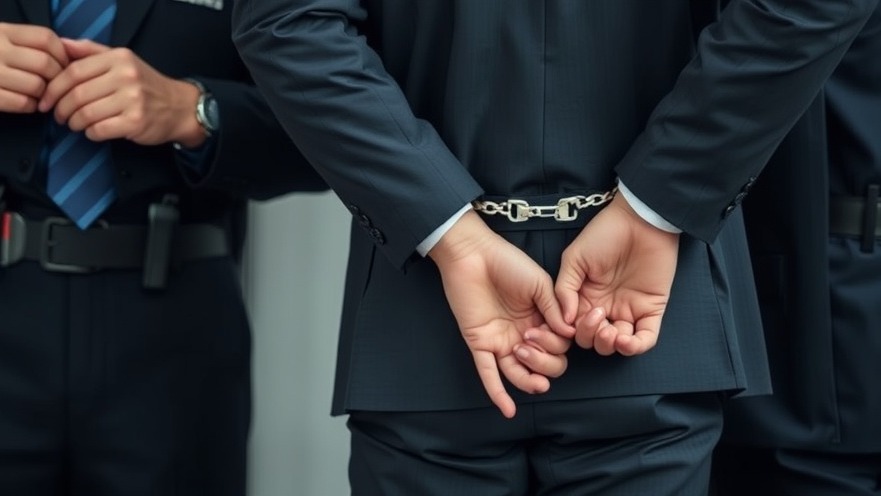
The Implications of Vote Harvesting Allegations in Texas
The recent indictments in South Texas, resulting from an extensive probe led by Attorney General Ken Paxton, spotlight serious allegations of vote harvesting. This investigation has taken an increasingly political turn, affecting not only individuals but the integrity of elections in the region. The latest accusations involve nine individuals, including notable local Democratic figures like former Bexar County Democratic Chairman Manuel Medina and recent House candidate Cecilia Castellano.
A Closer Look at the Indictments
The Frio County grand jury’s recent decision to indict these individuals comes as part of a broader investigation focusing on alleged vote harvesting practices that have raised concerns among Latino leaders and civil rights advocates. Originally prompting search warrants that led to the seizure of phones and even home raids, these actions have been condemned as politically motivated acts of intimidation against minority leaders in the Democratic Party.
Political Context: A Divided State
This investigation is set against the backdrop of Texas’ current political climate, which is increasingly polarized. With state leaders emphasizing election integrity following controversial bills aimed at voter access, many Democratic lawmakers and Latino organizations have pushed back, calling for federal oversight to protect civil rights. Their concerns are rooted in claims that these investigations disproportionately target communities of color, raising questions about whom perceptions of electoral fraud truly serve.
Historical Context: Voting Rights in Texas
Historically, Texas has been a battleground for voting rights, with significant legislation shifts impacting access to the ballot box. Recent charges against high-profile Democrats like Medina and Castellano resonate deeply in a state where the legacy of voter suppression looms large. The bipartisan tensions over voter laws have led to a complicated situation where outreach efforts are increasingly labeled as illegal practices.
Legal Ramifications: Constitutional Concerns
The legal framework surrounding voter outreach efforts in Texas has invited significant scrutiny. A previous federal ruling deemed parts of Texas’ laws related to voter outreach unconstitutionally vague; however, that decision was reversed, signaling a dynamic legal landscape. Lawyers like Don Flanary, representing Castellano, stress implications for free speech and warn that these legal battles could pave the way for broader chilling effects on political activism.
Future Predictions: What’s Next for Texas Elections?
As the legal drama unfolds, future elections in Texas may witness heightened scrutiny from both state and federal entities. The push by Republican leaders for tighter voter laws may escalate, potentially leading to more arrests and investigations that could further polarize the electorate. It raises an essential question: will these actions bolster election security or deter legitimate voter engagement?
Call to Action: Civic Engagement and Awareness
As these cases continue to develop, it is more crucial than ever for citizens to engage in dialogue about voting rights and election accessibility. Community involvement is vital to advocating for fair practices during an unsettling time in Texas politics. Whether you’re in Austin, Houston, or Dallas, being informed empowers you to participate actively in shaping your state’s electoral future.
 Add Element
Add Element  Add Row
Add Row 



Write A Comment